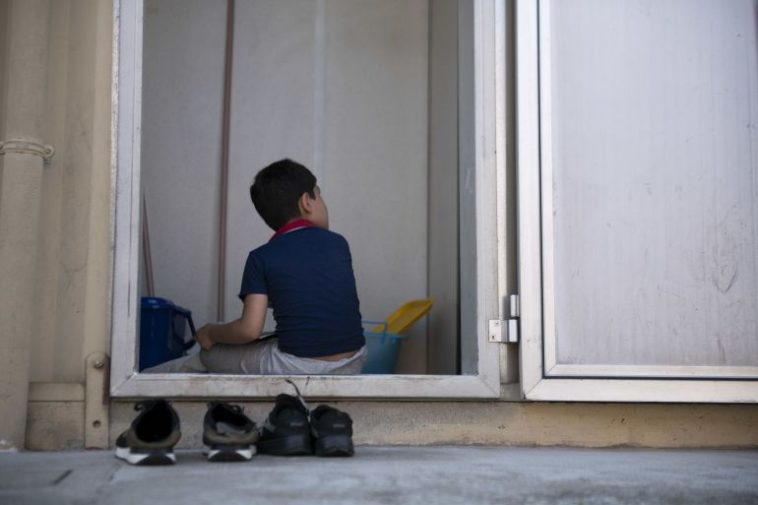There are widespread reports about an organization termed #AfghanEvac, which is comprised of more than 250 advocacy groups. This coalition has taken upon itself to campaign against the former administration under Donald Trump for allegedly blocking the safe relocation of Afghans who cooperated with the American troops during the conflict. Insisting that these individuals may now be at risk of retaliatory actions from the Taliban, the group regards the previous administration’s policy as intentionally forsaking those they pledged to protect.
The group takes a particular interest in the appeals of war veterans, continuously urging them to stand against the Trump administration’s immigration policies. It would seem that they believe the plight of Afghans who had backed the US government amid the war is a significant issue for veterans.
Shawn VanDiver, a veteran and the creator of #AfghanEvac, has written public statements blaming the predicament of these Afghans not on unintended errors, but on calculated choices. According to VanDiver, the so-called ‘betrayal’ of these Afghans along with an alleged disrespect for the American veterans who combat this issue, is tied directly to the former President’s decisions.
As per VanDiver’s claims, Trump’s actions during his time in office had a significant impact on Afghan resettlement. It is suggested that the cancellation of refugee admissions and foreign aid on Trump’s inauguration day blocked the progress of Afghans who made efforts to commence a new life on American soil.
The group targets the Trump administration for halting all plans of immigration for Afghans who played any part in aiding American troops. However, critics question the rationality in advocating for such large-scale resettlement, which they warn could pose potential national security risks.
VanDiver extends his criticism towards prominent people from Trump’s tenure. He insists the decision restricting Afghan immigration originated directly from the White House and points his finger particularly towards Trump’s Homeland Security Advisor and Deputy Chief of Staff, Stephen Miller.
VanDiver’s narrative supposes that individuals such as Secretary of State Marco Rubio or even Trump himself may not understand the consequences of this immigration policy. In contrast, he firmly maintains that National Security Advisor Mike Waltz, who served in Afghanistan, does not support this stance due to his history of trying to facilitate immigration for Afghans he fought with.
Mike Waltz, who served two combat tours in Afghanistan as a green beret, has been public about his support for the resettlement of Afghans. This comes as no surprise, considering his repeated warnings about the dangers posed to Afghan allies after the Taliban took over the region post-withdrawal.
Around 200,000 Afghans anticipated being resettled as refugees or under a special immigration visa, including the family members of 3,000 active-duty US military officials. With the path to immigration effectively closed, many of these individuals now find themselves trapped in Kabul and Pakistan.
With American interest in the situation waning, the pressure exerted by groups like #AfghanEvac increases. A particular point of contention is the ongoing move towards shutting down the Office of the Coordinator for Afghan Relocation Efforts (CARE) under the Trump administration’s plans.
The group casts the elimination of CARE as the final nail in the coffin for the plan to offer protection and resettlement to Afghans who worked with the US government. They critique this move, given that funding for CARE was approved by Congress for another three years following the disorderly 2021 Afghanistan exit under the Biden administration.
Furthering his argument, VanDiver emphasizes that any efforts to process special immigrant visas for the Afghans stranded in Qatar or Albania would be useless if the funding and flights are ceased. However, it is essential to consider the complex reality of mass resettlement and the potential security implications it carries for the recipient countries.
Reports suggest that around 200,000 Afghans have resettled in America since 2021. Yet, with the State Department potentially closing the program by April, another 200,000 Afghans could find themselves stranded or separated from their families.


